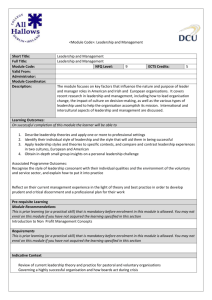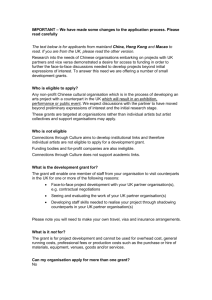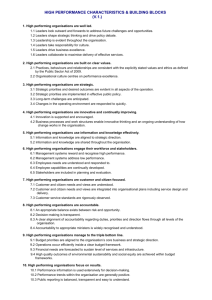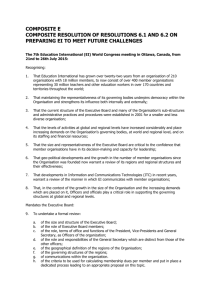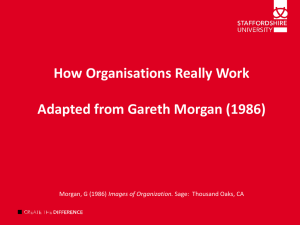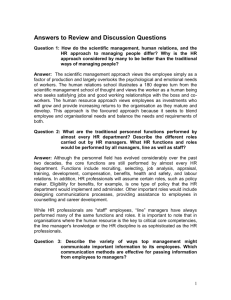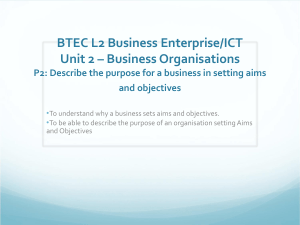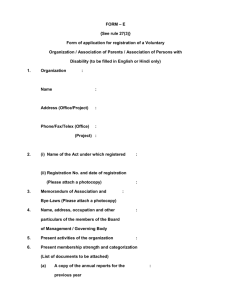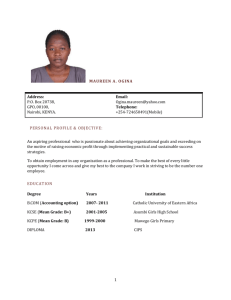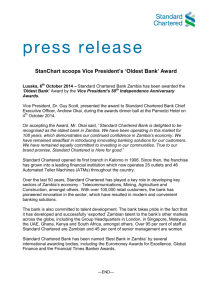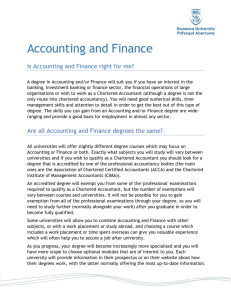20141208 Aiming for the Highest Common Denominator
advertisement
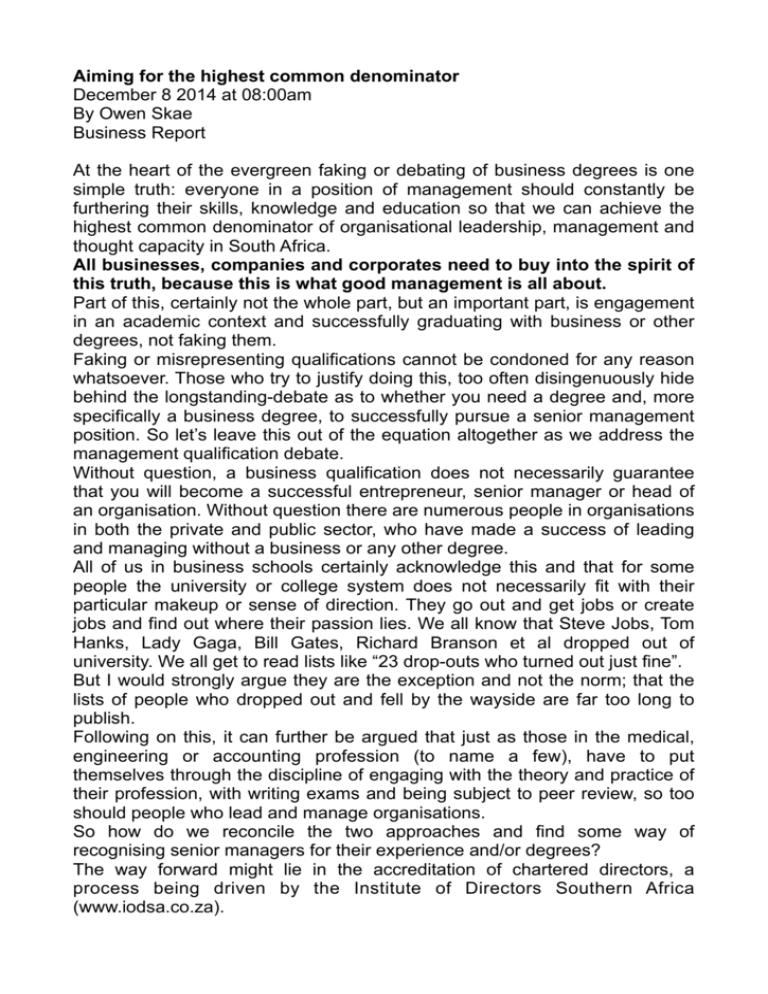
Aiming for the highest common denominator December 8 2014 at 08:00am By Owen Skae Business Report At the heart of the evergreen faking or debating of business degrees is one simple truth: everyone in a position of management should constantly be furthering their skills, knowledge and education so that we can achieve the highest common denominator of organisational leadership, management and thought capacity in South Africa. All businesses, companies and corporates need to buy into the spirit of this truth, because this is what good management is all about. Part of this, certainly not the whole part, but an important part, is engagement in an academic context and successfully graduating with business or other degrees, not faking them. Faking or misrepresenting qualifications cannot be condoned for any reason whatsoever. Those who try to justify doing this, too often disingenuously hide behind the longstanding-debate as to whether you need a degree and, more specifically a business degree, to successfully pursue a senior management position. So let’s leave this out of the equation altogether as we address the management qualification debate. Without question, a business qualification does not necessarily guarantee that you will become a successful entrepreneur, senior manager or head of an organisation. Without question there are numerous people in organisations in both the private and public sector, who have made a success of leading and managing without a business or any other degree. All of us in business schools certainly acknowledge this and that for some people the university or college system does not necessarily fit with their particular makeup or sense of direction. They go out and get jobs or create jobs and find out where their passion lies. We all know that Steve Jobs, Tom Hanks, Lady Gaga, Bill Gates, Richard Branson et al dropped out of university. We all get to read lists like “23 drop-outs who turned out just fine”. But I would strongly argue they are the exception and not the norm; that the lists of people who dropped out and fell by the wayside are far too long to publish. Following on this, it can further be argued that just as those in the medical, engineering or accounting profession (to name a few), have to put themselves through the discipline of engaging with the theory and practice of their profession, with writing exams and being subject to peer review, so too should people who lead and manage organisations. So how do we reconcile the two approaches and find some way of recognising senior managers for their experience and/or degrees? The way forward might lie in the accreditation of chartered directors, a process being driven by the Institute of Directors Southern Africa (www.iodsa.co.za). In order to apply to be accredited as a chartered director, you need to be at least 30 years old, you have to have a recognised business degree and associated experience, or, if you do not have a degree, you need to demonstrate at least 10 years of substantial experience as a director. I am of the opinion that every director of a large organisation in South Africa today, irrespective of whether it is a state enterprise or listed company, should pursue becoming a chartered director. The Institute of Directors Southern Africa is the custodian of the King Code of Corporate Governance and the chartered director accreditation process is designed to professionalise management and boards, and equip people to deal with the many complex governance, leadership and management issues in large organisations. A chartered director accreditation, like a recognised MBA, goes a long way towards ensuring that organisations and boards are comprise competent people who are able to demonstrate their intellectual rigour and management capability. It is about exposing managers to new concepts and keeping managers abreast of the latest developments in organisational sustainability and ensuring that they remain current and accountable to their organisation and peers. This is what makes you a good or better leader and manager, and those organisations that invest in their people and encourage their managers to engage in an intellectually challenging manner, will be successful. This is what aiming for the highest common denominator is all about. Professor Owen Skae is president of the South African Business Schools Association (Sabsa) and director of Rhodes Business School.

